8 Backups & Barter Items for Preppers
Get a few preppers together, and you can pretty much guarantee that at some point bug out bags and bartering will come up. My personal take is that it’s a little bit foolish to stock something solely to barter – especially stuff that relates to addictions because people with addictions can be a little bit crazy about their vices. Stocking things that can get used by the household means there’s little regret about expenditures in 2-10 years, whether a disaster occurs or not.
There have been other bartering articles on FP, and they’re totally worth looking at. I have zero arguments with the gear, meds, candles, batteries, foods, and feel-goods that show up on those lists and are so very common when it comes up on forums. Still, there are some things that are very, very useful, readily affordable, readily portable in a bag or loaded into a game cart to take to Bartertown, and that I see very few people talk about – period, but almost never in the “barter” conversations and posts.
So those are where I’m focusing today.
In many cases, they’re not going to be the first things to run off shelves. Know your area and know what disappears – and when seasonally it tends to disappear even without a disaster. I tend to focus my own efforts on those things I don’t expect to find 3-9 months after a major crisis. I’m also cognizant that some things are never in much bulk – or enough bulk – and that even beyond looters and municipal groups that stand up to try to save their communities and go salvaging, there’s the risk of fires spreading and taking out stores.
With that in mind, here’s my list of 8 barter items that end up ignored as barter items and that aren’t without merit as backups for our own stockpiles.
Canning Jars – Especially Lids
It’s pretty rare to find stores with nothing but canning jars on the aisles these days. In most cases, a store at its max display capacity has fewer jars than a single family would need to can only a veggie supplement for 6-9 months, and sometimes even fewer spare lids.
That makes lids and jars pretty much number one on my stock-up list, both for home use and to trade with neighbors and locals.
You’re not going to stick more than a box or two of spare lids in a bag, so this is one of the cases where if you’re on foot, you might want to go ahead and stick with some of those things like batteries, candles, an airgun and pellets, meds, and other lightweight items that will go pretty quick and that people 5 days, 50 days, 5 months and maybe even 50 months into a disaster will still be interested in taking off your hands.
Sevin Dust
If you’re big on health, go with dish soap, vinegar, and water as a spray, and just skip on down to the next one. I’m pretty much required to turn in my greenie card for promoting Sevin Dust.
But, see, Sevin is pretty darn handy. Back in the ‘80s and ‘90s, my father used to coat pretty much anything alive in the stuff – ducks, horses, goats, veggies, trees, wasp houses. He used it as flea and tick control as well as on garden pests.
We now have health concerns and concerns about wiping out beneficial bugs and microbes, but if your garden’s getting eaten by eight different things, if you absolutely have to have it to have anything but beans and wheat – or if your beans are being eaten by three different things – you’re going to be willing to think seriously about pretty much anything on the table to get your hands on easy-to-apply dust that will kill almost any of them, something you can spot-treat by hand or hook up to a backpack blower.
I specify the dust because it’s more compact, stores easily, and comes in both big bulk bags and small-container three packs that make it a viable option to cart to the church or community potluck, market, or specific neighbors. It also has some of the shortest interval-to-harvest periods of a commercial pesticide.
Liquid Sevin doesn’t store as long, but it does kill extra things and it’s easier to get on the underside of leaves than powder.
Diatomaceous Earth
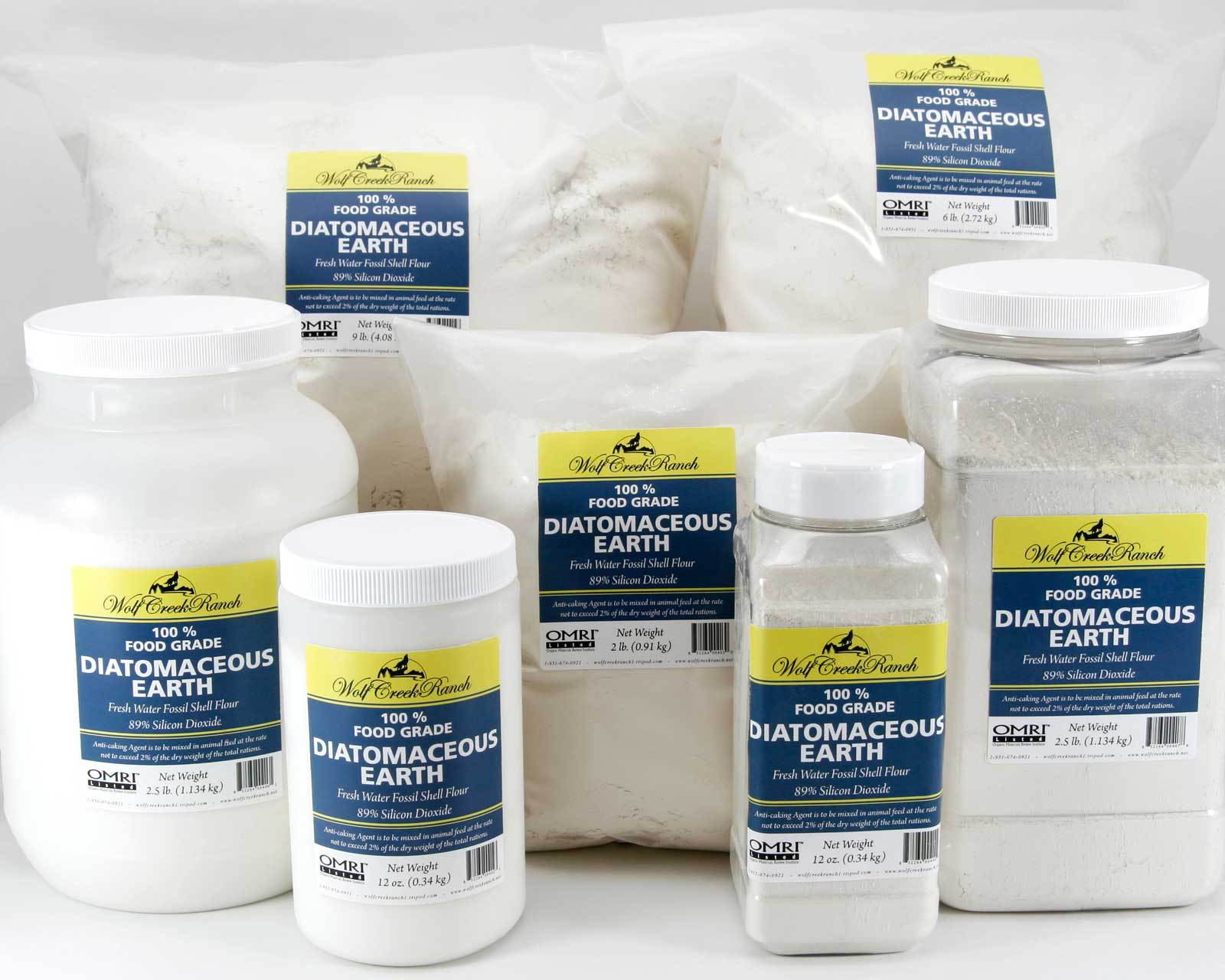
First, an apology to our Canadians. I have gathered the impression that this stuff can be tough for you guys to get ahold of, especially in bulk, and it’s not especially cheap there. Here we can just swing by on a whim and get it in packaging from the size of a deck of cards, by the gallon, or even by the 55-gal barrel.
There aren’t as many uses for Diatomaceous Earth as there are for baking soda and Epsom salt, but, man, it’s pretty handy.
It’s the active ingredient in SMITE for poultry, it clears up everything from bed bugs to livestock and pet ear mites, ants to roaches. It can form protective barriers around plants or be spread over them as a powdered insecticide. It’s natural, physical as opposed to chemical, has a nearly endless shelf life because it’s really just ancient plankton shells, can help protect stored foods – especially those we’re harvesting and our next-year seeds – and it has at least a dozen health and beauty uses.
The more uses something has, the less variety we have to store and the better the chances that when somebody has a problem, we have a valuable solution. DE checks those boxes in a big way.
Baking Soda & Baking Powder

It’s hard to bake without the leavening of some sort, and baking soda has about a million uses outside baking – and about a million more totally outside the kitchen. Both have long expirations and easily extend beyond their best-by dates even at room temperature and with fluctuations from 60 to 80 degrees. They’re sensitive to moisture in their smallest packaging forms, but it’s easy to get several or a whole handful in a gallon bag to keep in buckets and pull out as needed.
I don’t expect them to simply run off the shelves as soon as a disaster is announced, but they’re inexpensive, cheaper yet to buy in bulk bags, and it’s worth having some baking soda stocked because it’s one of those that when you want it, there’s not a lot of substitution.
Epsom Salts
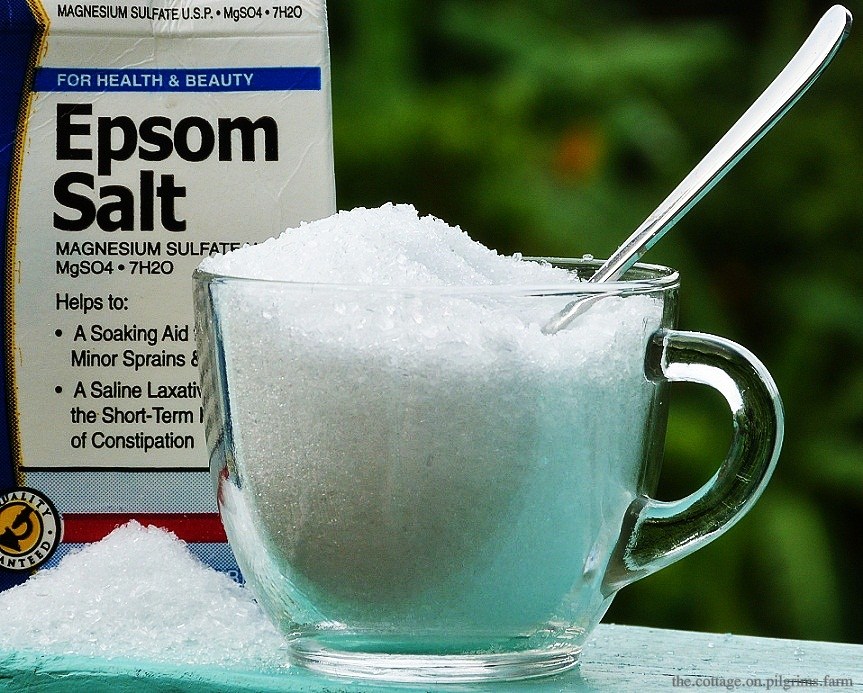
First, sorry, Australian readers (and maybe Brits). I know this stuff is expensive and controlled to a ridiculous degree for you guys. It’s cheap and plentiful in the U.S.
Epsom Salts is what I consider an absolute, 100%, no-arguments prepper must-have. If there’s not already a reminder of how awesome Epsom salt is on an annual basis, there should be. Epsom salt is another one like baking soda, with fifty million uses for human health and hygiene, cleaning, livestock, and gardens. There are so many uses, it truly deserves its own article just as a primer on how useful Epsom salt is.
I’ll take just a moment here to point out that Epsom salt is far, far different from table salts. Epsom is magnesium sulfate, not sodium chloride.
When you want to burn it down and salt the earth so nothing grows (or clean a cutting board and preserve food), use table salt, kosher salt, and sea salt.
When you want to encourage flowers, reduce soil deficiencies so plants can uptake their macronutrients properly and produce healthy, bountiful yields, fix an ear infection, reduce swelling, pamper your feet and skin, create barriers for certain types of pests in the home and garden, clean a wound, clear up skin conditions in humans, poultry and hoofstock, that’s what Epsom salt does.
And more.
As with everything else mentioned here, it can be purchased in bulk, or it’s available in small, moisture-resistant containers that make it very viable for trade when somebody’s struggling with any of a multitude of issues.
Rat Traps
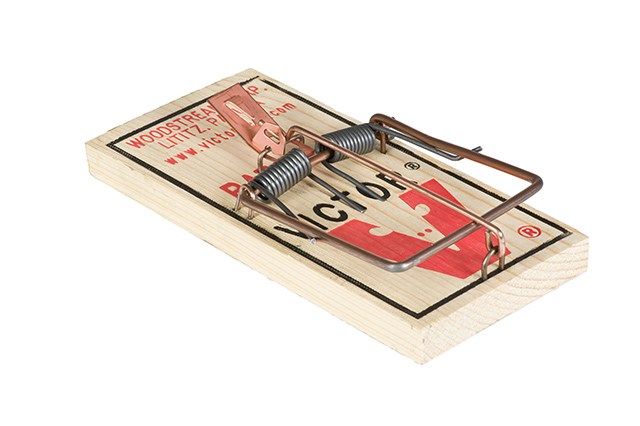
Rat traps have a ton of uses, but number one is their actual pest-control job. Eventually, I think the rat population will level out one way or another, but between death and waste-removal shutdowns, I think they’ll boom for a while first. There have also been some historic accounts from Rome, London, and other sites of major fires, where rats flee the cities and end up a plague on outlying areas in waves – and I anticipate fires since they happen daily even now.
Rat traps also have applications as squirrel and songbird traps for feeding families and pets, protecting gardens from small raiders, and combining with fishing line and various magnetic strip alarms or things like chem lights to create visual and audio alerts for home and property alarms. They can also be rigged with bells on a line to alert a barrier run of pigs that something has tripped the wire, and with some training, the pigs will rush in to remove threats to chickens and gardens.
They’re small, light, and typically pretty cheap.
For smaller rodent controls, there are several ways (at least) to turn cans and buckets or rubber bands and 2L bottles into pretty effective rodent traps, and some additional ways to use PVC for squirrels and rats. They’re reusable and potentially can be made out of scavenged refuse or scrap, so it’s worth looking up those, too.
After all, sometimes know-how is as valuable a barter object as a physical item.
Water Catchment Faucets, Spigots, & Overflow Fittings
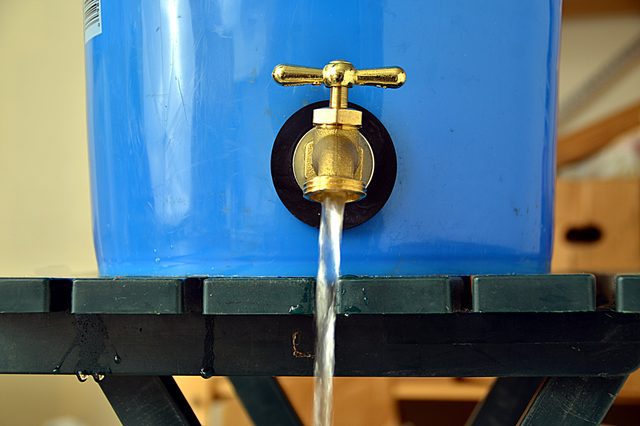
We’re almost guaranteed to see increased attempts to catch and store rain if a disaster ever occurs. Drought and periodic no-boil orders already make water a valuable – and expensive – resource right here in North America.
Having extra fittings for turning our emptied and scavenged buckets, totes, barrels, and tubs into more effective catchment systems has the potential to make not only our lives easier but convince somebody to share a tool or pasture they’d rather not, or sweeten a deal over somebody else’s offer.
I doubt hardware stores will empty of plumbing fittings super early, but there’s always a chance since few areas have enough in to truly impact catchment for every farmer and rooftop in the area. There’s also the risk of fire.
The washers and faucets for making the simplest conversions are lightweight, and at most should cost a few bucks. They have the potential of appeal to a much larger community than just smokers, drinkers and tokers, and will appeal to those as well. That makes them a pretty easy item to keep in even an INCH bag and definitely worth throwing in a cargo pocket when we patrol or go to a neighbor – you never know when the opportunity for new boots, tampons, or better bullets will appear.
Various silicone tubes and thread tape have value even outside the rain barrel creations. Some of our local stores and contractors are pretty happy to let us have odds and ends of PVC from jobs for free. The faucets or spigots valves and washers are the more pocketable pieces, but some short runs of PVC and small tubes of aquarium repair silicone can sweeten a deal, even more, when suggesting or building a system for somebody.
Portable Solar Chargers
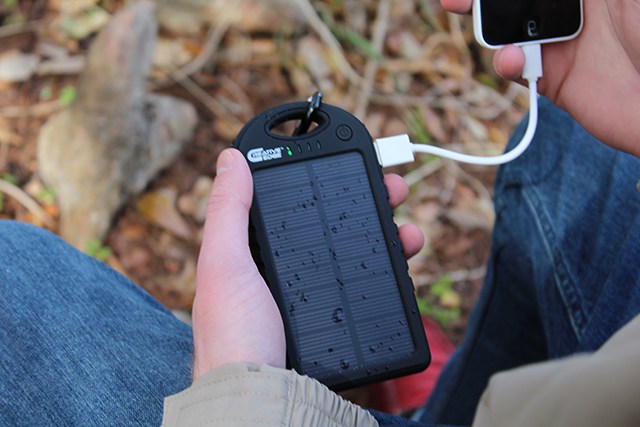
Small, portable battery and device solar chargers abound on the market today, from $5-50. The battery chargers are useless without fresh batteries to charge, but having access to downloaded music, movies, games, and pictures may mean a great deal to some folks.
They’re small enough even for folks who aren’t ready for $100-3,000 systems to keep phones, iPods, walkies, and headlamps going, and their value will go up further in protracted crises or a situation with regular brownouts. They’re already something you see folks gouge prices on and hit the streets with during “normal” natural disasters.
I wouldn’t fill up buckets with this one, but having a few for us, a few as backups, and a few I’m willing to part with for the little pocket versions and maybe a couple of the larger laptop-tablet or C-9V or combo chargers and rechargeable batteries for them is worth it to me. I also keep Nokeros and some of the little flat flashlights in my windows, though (and use them nearly daily instead of a bedside lamp or regular flashlight).
Backups and Bartering Alternatives
As I said, I tend to think folks should focus on things they’ll use in a disaster or daily life over something they never have and plan to never want. I also really like the items that can sit on a shelf for years even before best-by dates expire, especially the ones that don’t need additional packaging.
I have no problem with the lists of the common items like meds, batteries, and knife sharpeners. There are always going to be others, from things like clip-on books and cap lights to the ammo that leads to so much back-and-forth and conditional settings. This is just a list of options that I rarely see discussed as storage items, and almost never see on the bartering lists – even though they can be had compactly and they offer so much in so many ways, for the most part, that really don’t have replacements or are rare to find on shelves even now.
Other self-sufficiency and preparedness solutions recommended for you:
The vital self-sufficiency lessons our great grand-fathers left us
Knowledge to survive any medical crisis situation
Liberal’s hidden agenda: more than just your guns
Build yourself the only unlimited water source you’ll ever need
4 Important Forgotten Skills used by our Ancestors that can help you in any crisis
Secure your privacy in just 10 simple steps
Get a few preppers together, and you can pretty much guarantee that at some point bug out bags and bartering will come up. My personal take is that it’s a

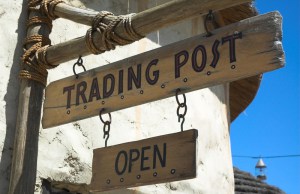
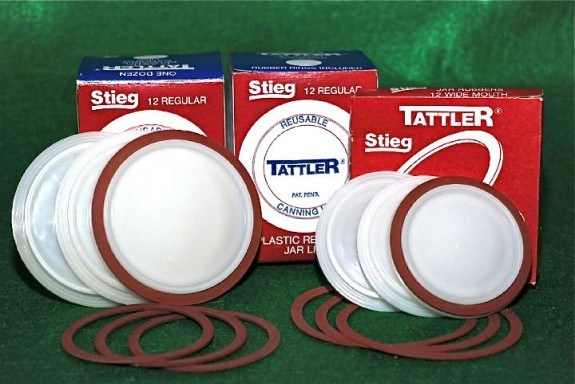
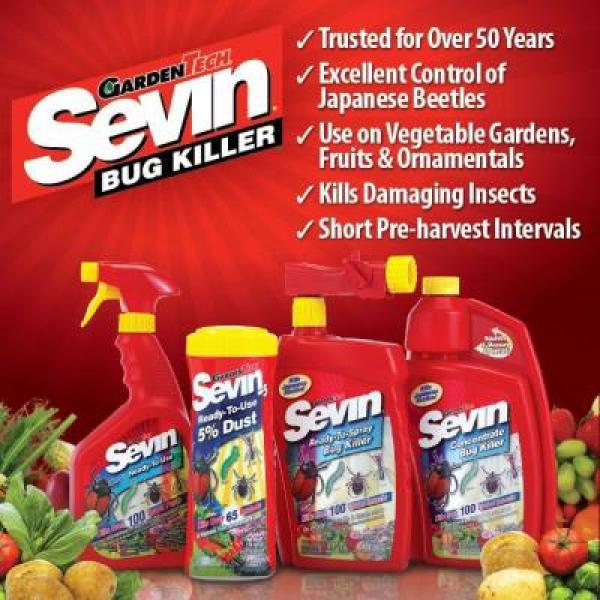

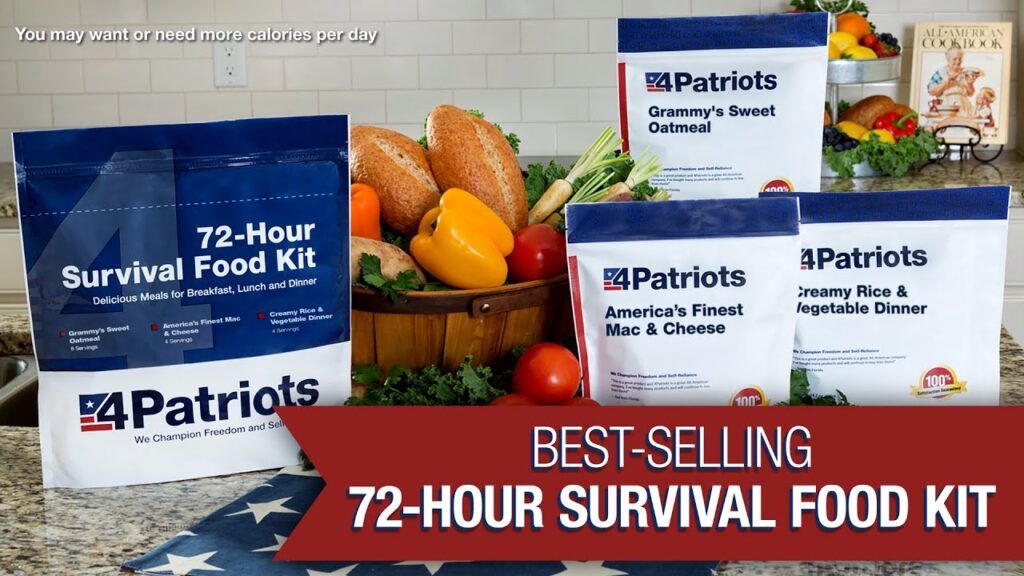


 After SHTF, you may have to be more careful when you are conducting business.
After SHTF, you may have to be more careful when you are conducting business.